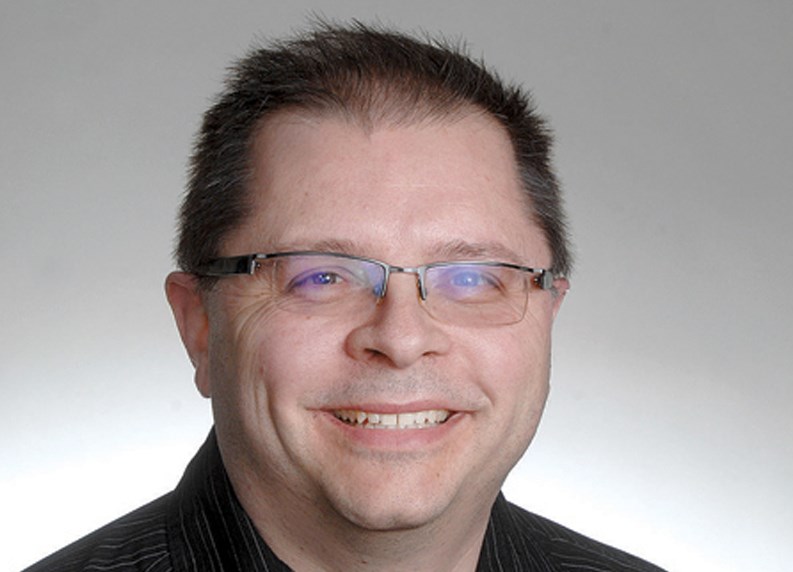Whatever one's moral stance on doctor-assisted suicide or whether doctors or family should decide when a patient comes off life-support systems, the debate still comes down to one nagging question.
Whose life is it?
Framed so simply, it sets out life through the lens of the individual, as something that is owned and controlled by the person living the life. In that context, proponents of doctor-assisted suicide are using the same language as supporters of abortion.
My body is mine, not the state's.
It's my choice and not the business of people with different ethics.
It's a private decision, made between me and my doctor.
That's not to say that people who support doctor-assisted suicide also condone abortion - they just use similar arguments.
In the same way, the arguments against abortion are also used against doctor-assisted suicide.
It devalues life.
It is ethically wrong.
It damages the moral fibre of society.
From that perspective, the question -- whose life is it? -- is all wrong.
Life is sacred and can't be owned in any context. Asking who owns life is as ridiculous as wondering who owns the sky.
It's no wonder there will never be agreement on abortion or doctor-assisted suicide or any of those vexing social issues. One side sees these matters as personal choice based on common sense and the other sees them in a much broader ethical context, where social standards and cohesion must override individualism or else anarchy ensues.
That's where it becomes easier to make a call.
Despite the handwringing of social conservatives who insisted that all hell would surely come when a variety of individual rights were extended, democracy didn't fail in cases ranging from a women's right to vote, the elimination of the death penalty, the legalization of abortion to allowing Sikhs to wear turbans while in RCMP formal dress.
Democracy thrives in Belgium, Luxembourg, the Netherlands and Switzerland, where doctor-assisted suicide is permitted.
Democracy thrives in Montana, Washington and Oregon, the three states that allow doctor-assisted suicide, despite the best efforts of then President George W. Bush, who fought Oregon all the way to the Supreme Court. He lost, not because the court agreed with the principle, but because the state's right to enact such a law overrides the federal government's power to repeal it.
The bottom line is there is no compelling reason to be made why a competent adult suffering from a terminal illness can't decide, in conjunction with a family doctor, what their treatment will be, whether it is to exhaust every medical possibility to stay alive, to reject some or all forms of treatment or to ingest drugs to hasten death at a time and place of their choosing.
Doctor-assisted suicide in that context is relatively straightforward compared to the case the Supreme Court will hear this December regarding Hassan Rasouli, a 60-year-old Toronto man who has been in a near-vegetative state for more than a year and cannot live without machines, medication and 24-hour personal care.
Rasouli's doctors want to remove the man from life support but his family insists he is still mentally competent. His daughter and wife say he talks with his eyes and can give a thumbs-up but it's unclear whether those are voluntary gestures in response to what he's being told or whether they are coincidental physical reactions made when people speak around him.
When a person is so incapacitated that they can't decide for themselves, should it be doctors or family members who have the final say when there is no hope for recovery?
When someone can make the choice for themselves, it's simple.
In Radouli's case it comes down to deciding whether what he is doing every day constitutes living.
-- Managing editor, Neil Godbout



